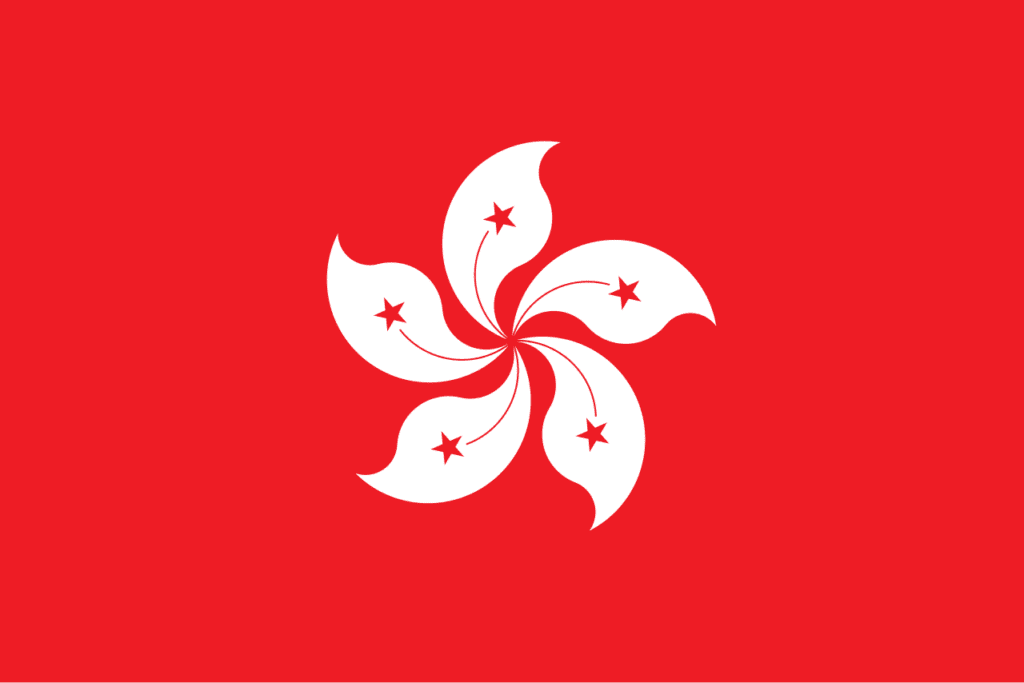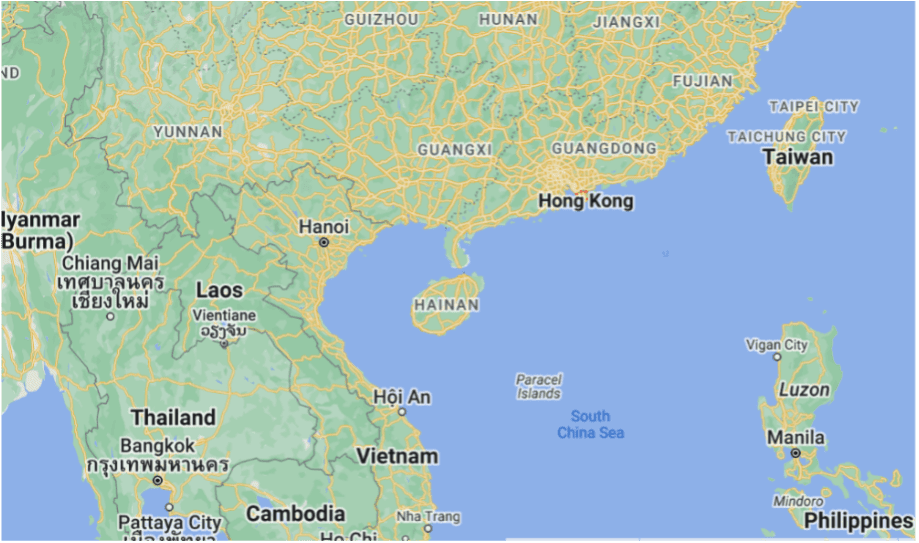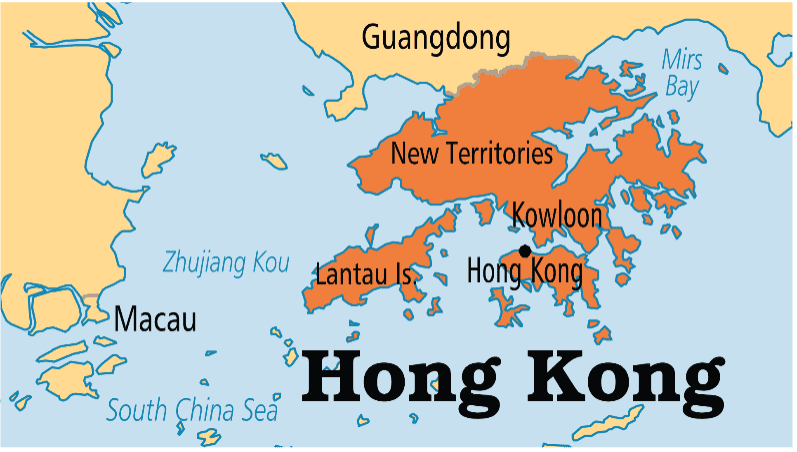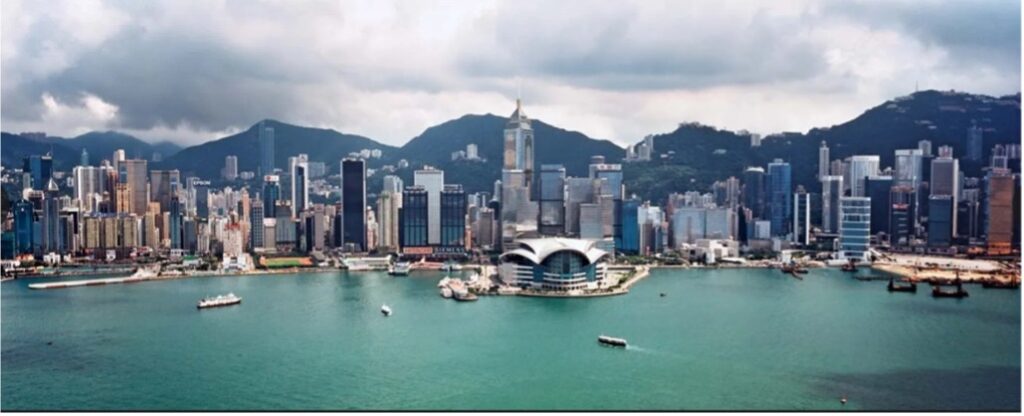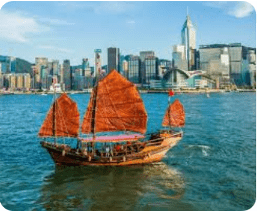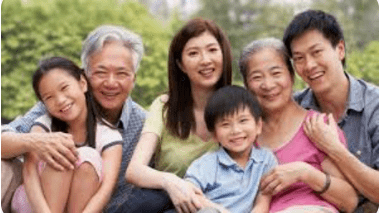Hong Kong (HK) – special administrative region of China, located to the east of the Pearl River (Zhu Jiang) estuary on the south coast of China. The region is bordered by Guangdong province to the north and the South China Sea to the east, south, and west. It consists of HK Island, originally ceded by China to Great Britain in 1842, the southern part of the Kowloon Peninsula and Stonecutters (Ngong Shuen) Island (now joined to the mainland), ceded in 1860, and the New Territories, which include the mainland area lying largely to the north, together with 230 large and small offshore islands—all of which were leased from China for 99 years from 1898 to 1997. The Chinese-British joint declaration signed on 19th Dec 1984, paved the way for the entire territory to be returned to China, which occurred July 1, 1997.
Hong Kong since 1997 (as of 30/6/22) When the British handed HK to Beijing in 1997, it was promised 50 years of self-government and freedoms of assembly, speech and press that are not allowed on the Communist-ruled Chinese mainland.
As the city of 7.5 million people marks 25 years under Beijing’s rule on Friday (1/7/22), those promises are wearing thin. HK’s honeymoon period, when it carried on much as it always had, has passed, and its future remains uncertain, determined by forces beyond its control.
In recent years, Beijing has been expanding its influence and control. Those moves appeared to be hastened by mass pro-democracy protests in 2014 and 2019. Now, schools must provide lessons on patriotism and national security, and some new textbooks deny HK was ever a British colony.
Beginning in 2020, the authorities launched a crackdown on political dissent, arresting dozens of activists and imprisoning them for unauthorized assembly, despite provisions guaranteeing freedom for such gatherings under HK’s Basic Law, the city’s constitution. The authorities cracked down and moved to stamp out dissent to help restore stability after the month-long 2019 protests.
“But this is a brittle stability based on the imposition of the law and the arrest of pan-democratic leaders and jailing them, chasing them out,” he (John Burns) said, and many in HK still support the pro-democracy movement even if they are silent for now.
“We’re in a kind of hellish place. HK is not part of the system and therefore it can’t bargain that way, (but at the same time) we are not free. We are in this hybrid middle ground,” Burns added. “The party has never had to rule a place like HK, so it’s learning to as it goes.”

